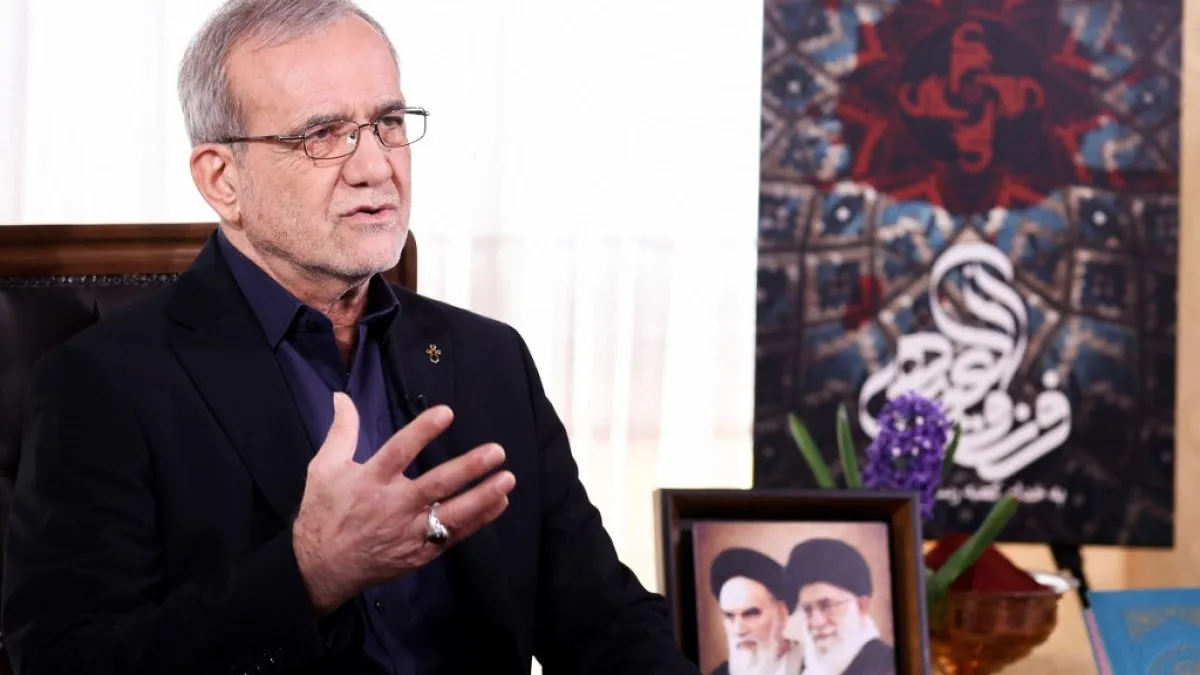
Iranian President Masoud Pezeshkian has firmly ruled out the possibility of direct negotiations with the administration of US President Donald Trump concerning Iran's contentious nuclear program. However, he has indicated a willingness to engage in indirect talks. This development comes in light of escalating tensions between the two nations, with Trump threatening military action and imposing secondary tariffs if an agreement is not reached.
During a cabinet meeting in Tehran on Sunday, President Pezeshkian stated, “We responded to the US president’s letter via Oman and rejected the option of direct talks, but we are open to indirect negotiations.” He emphasized that while Iran is not fundamentally opposed to negotiations, it is crucial for Washington to first address its past “misconduct” and work on rebuilding trust between the two countries.
In a recent telephone interview with NBC, President Trump reiterated his stance, declaring, “If they don’t make a deal, there will be bombing.” He further warned that failure to reach an agreement could result in the imposition of secondary tariffs, similar to those enacted four years ago. This rhetoric highlights the fraught atmosphere surrounding Iran's nuclear ambitions and the ongoing geopolitical tensions.
Earlier this year, Trump communicated directly with Iran’s Supreme Leader, Ayatollah Ali Khamenei, issuing a warning that Tehran must either consent to new negotiations or risk military confrontation. Khamenei dismissed this ultimatum, maintaining that Iran would only consider talks through intermediaries. This stance reflects a long-standing pattern in US-Iran relations, particularly following Trump's withdrawal from the 2015 nuclear deal during his first term as president.
The fallout from Trump's decision to exit the nuclear agreement in 2018 and the subsequent reinstatement of sweeping US sanctions has severely impacted Iran's economy. According to the International Atomic Energy Agency (IAEA), Iran has accumulated sufficient fissile material for multiple nuclear weapons, although it has not pursued the construction of any. Iranian officials assert that their nuclear program is intended solely for civilian energy purposes.
Despite the current tensions, Kamal Kharrazi, an adviser to Ayatollah Khamenei, indicated that Tehran has “not closed all doors” to negotiations. Observers suggest that only a significant breakthrough in discussions with Washington could pave the way for relief from the crippling sanctions that have battered Iran's economy. As the situation unfolds, the prospects for diplomatic engagement remain uncertain, with both sides holding firm to their positions.